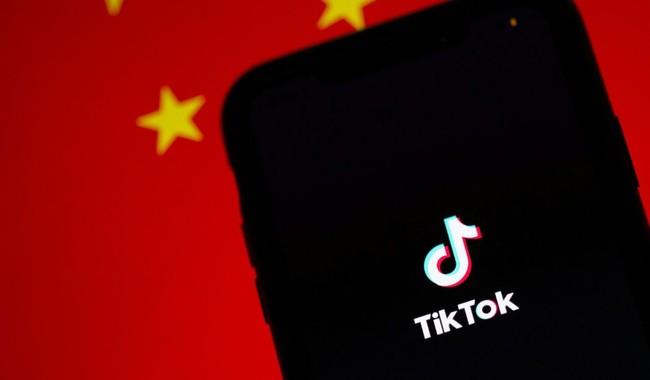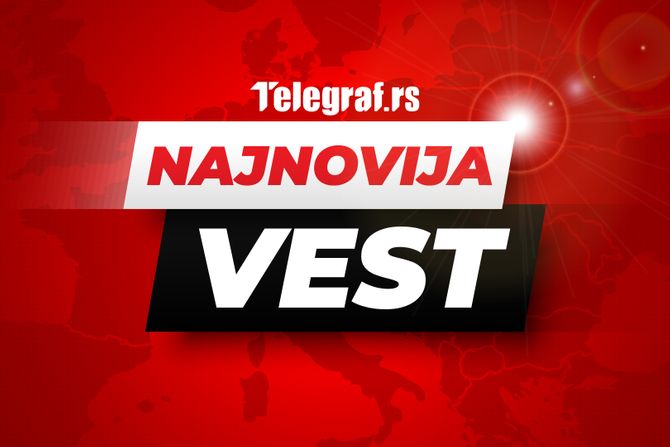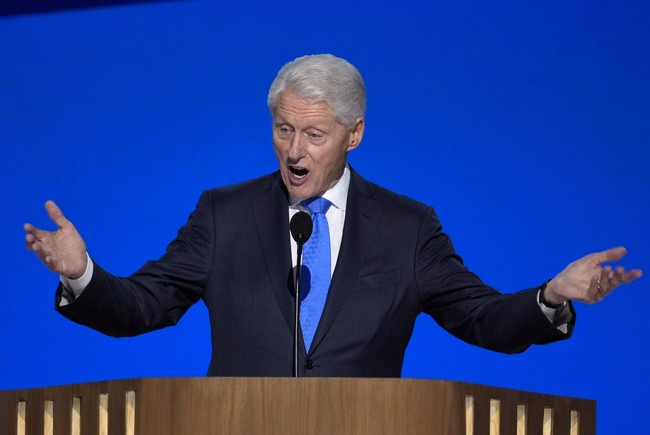TikTok Faces Legal Battle Over U.S. Operations
TikTok's ties with ByteDance are under scrutiny as U.S. legal rulings push for divestiture to safeguard data privacy and national security. Will TikTok navigate through this critical challenge?
Published December 07, 2024 - 00:12am

Image recovered from redstate.com
TikTok, the popular social media platform owned by China's ByteDance, is at the center of a significant legal and political struggle in the United States. A recent federal appeals court decision has supported a law mandating TikTok to sever its connections with ByteDance by January 19, 2025, or risk being banned from the U.S. market. This ruling comes amidst ongoing concerns about data privacy and national security, with government officials arguing that the app could potentially provide the Chinese government access to vast amounts of user data.
The U.S. Court of Appeals for the District of Columbia Circuit upheld the constitutionality of the law, citing the government's need to protect freedom from threats posed by a foreign adversary. The law requires TikTok to sell its U.S. operations to a non-Chinese entity, a decision that has been defended by Judge Douglas Ginsburg as essential due to the significant risk that the platform poses to national security. According to the court, strict scrutiny – the highest standard of judicial review – was applied to determine that the restrictions imposed by the U.S. government serve a compelling interest and are narrowly tailored to achieve that goal.
If TikTok fails to comply by the deadline, it may face removal from app stores and web-hosting services, marking the most severe restriction imposed on the app to date. This decision has sparked reactions from various sectors, including civil rights groups who view the move as a potential form of censorship. They argue that privacy legislation, rather than an outright ban, could address these concerns more effectively. Despite its arguments, TikTok's legal options are narrowing with the possibility of appealing to the U.S. Supreme Court.
In parallel, the issue of TikTok has become a political talking point in the U.S., influencing the narratives of both the Trump and Biden administrations. President Donald Trump, during his first term, viewed TikTok as a national security threat and made attempts to ban federal agencies from using the app. In contrast, as President-elect, Trump has also indicated a desire to 'save TikTok in America,' suggesting a potential shift in stance, likely influenced by electoral considerations and his engagement with younger voters.
Congress, with bipartisan support, has pressed for TikTok's divestiture, reflecting widespread concerns about the potential misuse of American data by foreign adversaries. The legislative push underscores a broader effort to safeguard national integrity in the digital age, echoing similar security measures adopted by a range of countries worldwide. Nations like the UK, Norway, Canada, and several EU bodies have already implemented restrictions on TikTok, particularly on government devices, in response to data privacy challenges.
As TikTok navigates this complex landscape, its future in the United States remains uncertain. President Joe Biden, who has inherited a host of technology and trade-related challenges from his predecessor, may extend the divestiture deadline by three months if significant progress is made. However, the potential for relief appears slim, given the bipartisan consensus on tightening data security laws.
Moving forward, TikTok's case could redefine the intersection of social media, technology law, and international relations, serving as a precedent for future legal battles over cross-border data privacy and national security risks. For ByteDance, a need for strategic realignment seems inevitable, and the outcome of legal proceedings in the U.S. is likely to have far-reaching implications on its global operations.







